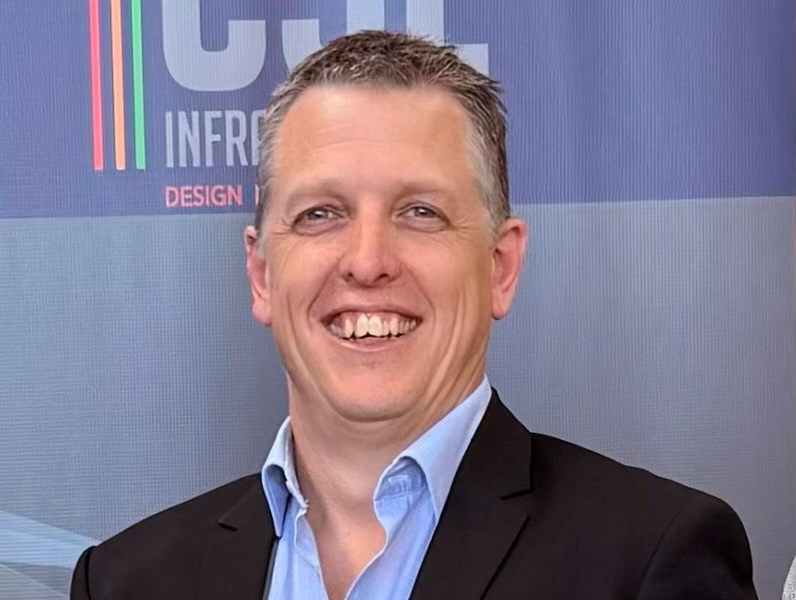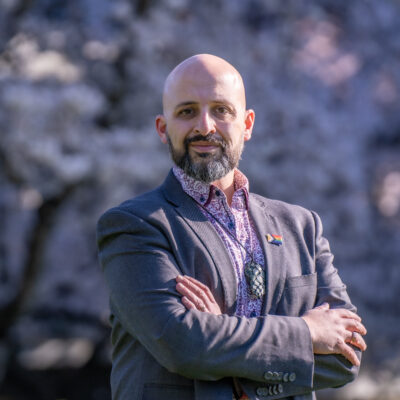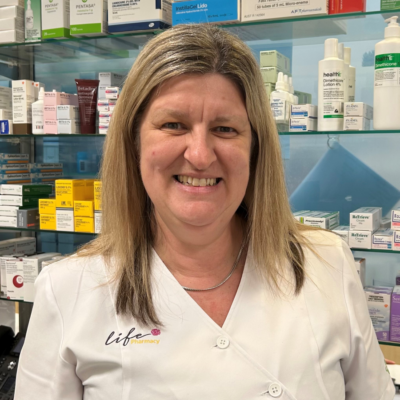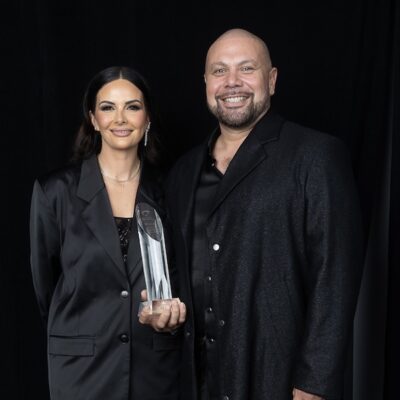Driving innovation and talent: How Scott Hammond and CSL are keeping Aotearoa moving
Keeping Aotearoa moving “intense but fun ride.” That’s according to Scott Hammond who has a passion for innovation.
An electrician by trade, Scott installed some of the first CCTV and motorway VMS (Variable Message Signs) in New Zealand. After working between Australia and New Zealand, in 2015 Scott accepted a role with Auckland-based business CSL Infrastructure. His ability to problem-solve and create innovative solutions has seen CSL Infrastructure join with their clients to become a world-leader when it comes to ITS (Intelligent Transport Systems) to keep New Zealand moving.
Now a shareholder in the business, Scott and his team are the brains behind the pioneering Transit Lane Enforcement Technology allowing cameras to keep tabs on cars which must be carrying two or more passengers to travel in transit lanes at peak times.
“This technology was a first – nobody in the world at the time could collect clear images through side windows, including fully tinted glass. Auckland Transport’s Computer vison technology then analyses the images and provide a ticket,” Scott explains.
The Transit Lane tech is only one part of the ITS that CSL provides for Auckland Transport and councils across the country. CSL manage the majority of greater Auckland City with the amalgamation of the technology designed to provide greater efficiencies to ratepayers.
Auckland Transport’s CCTV cameras play an integral part in keeping the city flowing with approximately 5,300 CCTV cameras in operation across bus, ferry, rail, roading, cycling and parking facilities. If you’re walking around Auckland central, it’s likely you’ll be captured on CCTV.
Scott is excited by what’s around the corner as AI makes our lives safer and more convenient.
“Analytics from CCTV are driving the data collected on our roads in real time – AI will be able to predetermine traffic flow and signals at intersections and what’s going to happen before it’s happened.”
The likes of Automatic Number Plate Recognition (ANPR) allows number plates to be picked up by cameras on traffic signals and AI is integrated into the technology to locate a stolen car, for example.
Looking back on the last ten years, Scott is seeing the team’s goals being realised.
“My vision was to stop the waste in the system – to provide innovation to save the taxpayer money. I saw an opportunity to build the technology here in New Zealand and look after ourselves rather than only buying shiny toys from somewhere else.
“Emergency phones for example were hard to repair so we started to produce our own. Per unit, we saved $6k and there are hundreds of these phones out there.”
Creating the dynamic traffic lanes in Whangaporoa was a project developed from scratch and has been hugely successful Scott says.
“Rather than spending hundreds of thousands of dollars and creating hours of disruption for motorists we developed a dynamic lane utilising the median strip to add an extra lane each way, in a nine week (on-site) build-time with some motorists reporting they save up to seven minutes journey-time each way. That technology has been replicated in Redoubt Road and has been going really well there too. Eventually we will run out of space to build new roads, so this kind of technology is all about being smarter in the way we use the roads we have.”
Scott says CSL’s ability to build the technology here while also supporting international products not only differentiates them from the competition but also enables them to problem-solve for customers.
“We take the time to research the international technology and then work with the customer to create a solution.”
Finding the labour force to work in this highly technical field is a challenge and Scott wants to see universities including ITS into their qualifications, something that is common in other countries including the UK.
“We punch above our weight in this field, but the funding is lacking. We employ from the electrical field but it’s not really electrical work as such.”
One of the most rewarding parts of the business for Scott is employing young people, and letting them “dabble with the tech” and creating career pathways for them.
“People have followed me on this journey to work for me. Some had been labouring once but now they’re managing people and they’re running the show. To see people flourish like that and have a good life because of what we are doing – it’s fulfilling.”
Training others prompted Scott to think about what training he was doing himself.
“I had been spending so much time training other people I just forgot to keep learning and so I thought maybe it was time to do something for myself.”
A referral from a partner company to the Icehouse was made, and Scott liked what he saw.
“I liked the history the Icehouse has, of working with New Zealand companies in a practical way and that sounded like me. At first, I was a bit sceptical but once I was into it, I really enjoyed the way that the learning was being put back into the business. We have been able to look at the growth and the future of the business with a different lens, including intellectual property which has opened our eyes to the international opportunities.
“When it came to the numbers in the business, I had left it up to our director and CFO, who is a chartered accountant, and I hadn’t really been engaged but now I’m enjoying being able to get into more financial sessions and ask more questions.”
When Scott joined CSL in 2015, staff numbers were around 12 in Auckland. Now there’s 140 in the team across five locations in the North Island.
“It’s been an intense ride but the most fun I’ve ever had.”







